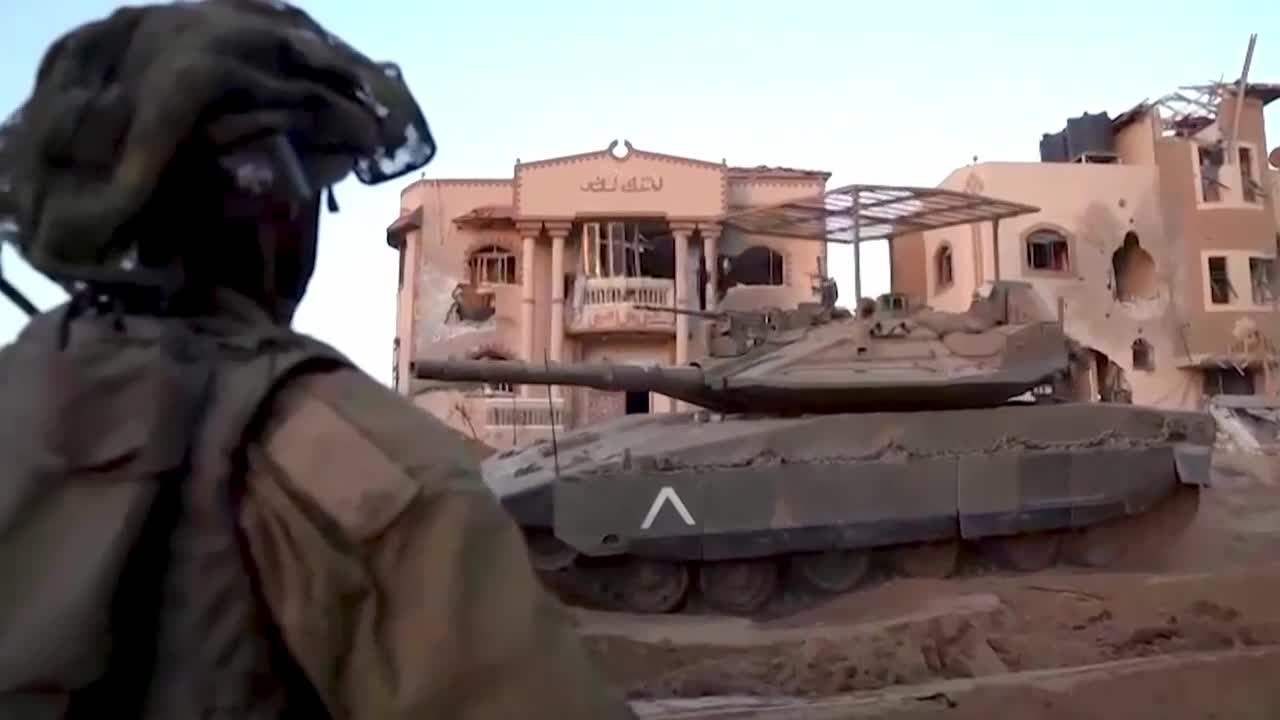SALT LAKE CITY — Many people in Utah are joining with those across the world, eager to hear the next steps after Israel and Hamas signed the first phase of a Gaza ceasefire deal.
It’s been a long and devastating two years since the war in Gaza began. The new deal will see the release of all of the Israeli hostages being kept in Gaza, as well as the release of some Palestinian prisoners.
“My initial reaction was skepticism, and I hate to say that because I don’t want to seem ungrateful of any kind of progress, and I think all progress is a win,” said Tala Hammond, a first-generation Palestinian who lives in Utah.
Hammond's feelings stem from what she’s seen over the past two years, when other proposed deals have been broken.
“The last time there was [a deal], my immediate reaction was, they’ll just break it again. I have that same immediate reaction," she admitted. "There needs to be not just doing this to be performative and pretend I care, but there needs to be action shown throughout the ceasefire to make sure it’s being held up.”
Israel and Hamas agree to pause their two-year war in hostage exchange deal:
However, with skepticism, there is still hope, and rabbi Samuel Spector of Congregation Kol Ami believes the new deal is a step forward.
“We’re in the holiday of Sukkot, which we are commanded to be happy and joyful for, and this is welcome joyful news," he said. "We’ve had all these hostages up on our wall, that we have been waiting to take down their pictures.”
President Donald Trump said the hostages are likely to be released early next week. Part of the deal includes Israeli forces withdrawing to lines, leaving the country in control of about 53 percent of the Gaza Strip.
“Also, hopefully for Israelis and Palestinians alike, there can be quiet, there can be peace, there can be an end to death and destruction, and hopefully Gaza can be ruled as well by Palestinian peace seekers and not by Hamas," said Spector.
The full ceasefire will go into effect 24 hours after approval of the deal, but for some Utah activists, there are still many unanswered questions.
“I want to see a plan put forward for after the ceasefire. How are we going to make it right that we’ve destroyed this entire city, and we can’t just leave them like this?" Hammond said. "I would like to see food and water next, electricity, housing and dignity for Palestinians restored.”




